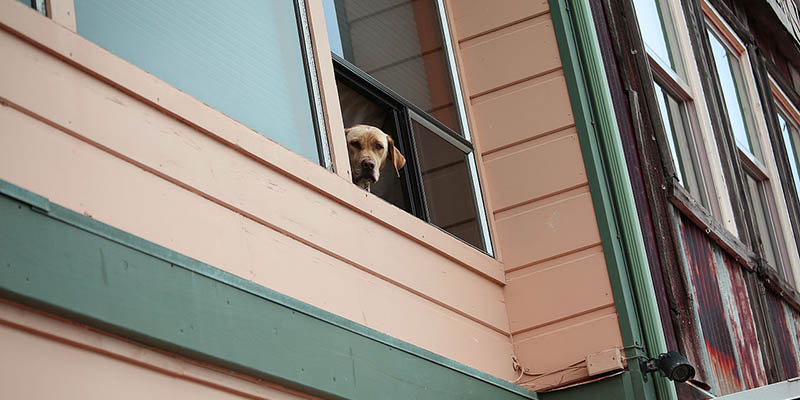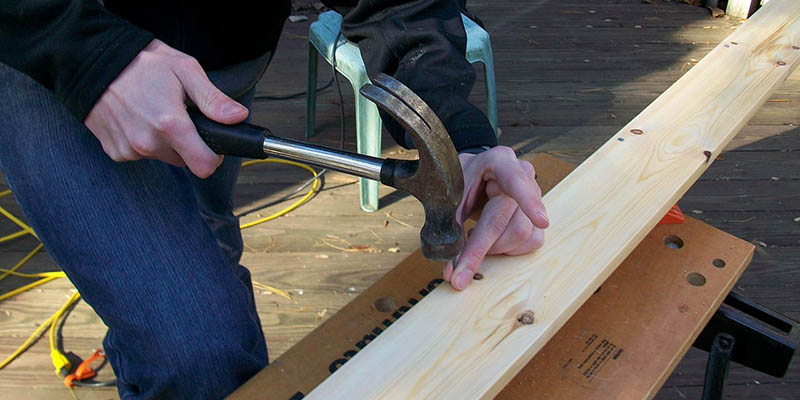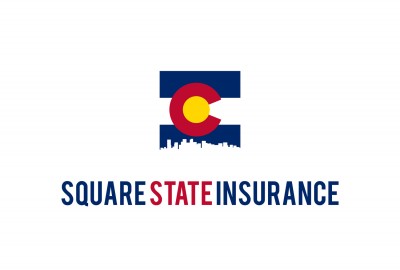It’s common for people to be envious of the position of a landlord. Most people think renting property is a simple and hassle free way to make money. The reality is renting to tenants can often be a stressful process full of problems that seem to just keep coming. This said, landlords don’t have to slog through day after day of property management with little success. Let’s take a look at several tips to maximize your prosperity as a landlord.
Get Proper Landlord Insurance
Many landlords start out thinking they can simply extend their homeowners insurance policies to cover their additional rental units. This is especially true if their rental unit is on the same property as their dwelling. The fact is this is not a good strategy, and most homeowners insurance companies will not allow this type of additional coverage. The better plan when you’re starting out as a landlord is to get a Dwelling Fire Policy to help cover your landlord insurance needs. Dwelling Fire coverage is most commonly sought by landlords who have an obvious interest on the building itself but not necessarily what is inside. Should the building become damaged or burn down, the landlord can recoup some of their loss on the unit they were renting.
Additional Landlord Coverage
Many landlords decide to add additional coverage aside from Dwelling Fire depending on their situation. Landlords who rent furnished apartments will want to add Personal Property Coverage to protect the furnishings they’ve invested in. An especially important landlord insurance addition comes in the form of Loss Of Use coverage. If you’re dependent on the income from your rental properties, you’ll want to recoup some of that lost income should your property become damaged or burn down. Finally, those concerned about potential lawsuits from visitors to the property may want to add Premises Liability and Medical Payments coverage.
Commercial Insurance
This level of landlord coverage outlined above is good for those who only have a few rental properties. If you’re planning on adding several rental properties to your portfolio, it’s time to talk to Square State Insurance about a commercial insurance policy for your landlord insurance needs.
If all this sounds overwhelming, don’t worry. Contact Square State Insurance and we’ll customize a landlord insurance policy for your needs.
Customize The Lease
Far too many new landlords use a standard lease when they begin renting. The better strategy is to draw up a customized lease that has your specific renting conditions and property in mind. Make sure you know your state’s laws on renting and keep your lease within those guidelines. A customized lease is a perfect opportunity to define late payment fees, pet restrictions, repair and painting restrictions and more. Finally, should a dispute arise from a current tenant, you can help prevent a similar and unpleasant event from happening again by outlining it in future leases.

Require Tenants To Get Renters Insurance
A disturbing amount of renters think that their landlord’s insurance covers their property within the dwelling as well. However this is not the case. Do yourself and your renters a favor by requiring every tenant to get renters insurance. You can draw up this requirement in the lease. Any qualified tenant should be able to afford it at only $100 – $200 per year. If they express concern, remind them that they can receive extra savings on renters insurance by bundling it with their auto insurance policy. Renters insurance coverage will help diffuse any disagreements should something happen to the unit.
Keep Up On Repairs
Don’t be that despised landlord that never shows up to make much needed repairs on their property. You’re not doing yourself or your investments any favors by putting off repairs. It is a cost you should anticipate whenever you decide to rent property. Certain states even require landlords to give notice of when they plan to fix needed repairs, and you’ll want to adhere to your state’s regulations. If there isn’t an emergency, you can schedule repairs in a timely manner to save costs on emergency contractor visits. Plus you’ll have happy tenants who will be more likely to pay on time should you hold up your end of the lease.

Be An Attentive Landlord, But Respect Your Tenant’s Privacy
If you own a multi-unit dwelling, squabbles and arguments can be a common problem to deal with. If your tenants contact you with issues like bad neighbors or problems within the building, be active in addressing the problem before things get worse. Often times you can diffuse the situation for good with just a little mediation. While it’s good to act when a problem is brought to your attention, don’t invade your tenant’s privacy when everything is going smoothly. Most tenants just want to pay their rent and be left to their own business. You should be more than happy to oblige. After all, a quiet tenant is generally a good tenant.
Stay In Contact About Late Rent
Rent from some tenants is going to come in late. It’s just part of the process of renting property. Try to find a good balance on when you try to work with tenants and when it’s time to evict. Often times working with a tenant that is having financial problems is far better in the long run than evicting them right away. But when it’s time to take action, do it swiftly so you can get the problem taken care of and move on.
One other tip, collect your rent payments via online payment services. These days it’s faster, easier and far less stressful than collecting via the mail, and it gives your tenants a chance to get rent in quickly without the extra bother of putting a check in the mail.

